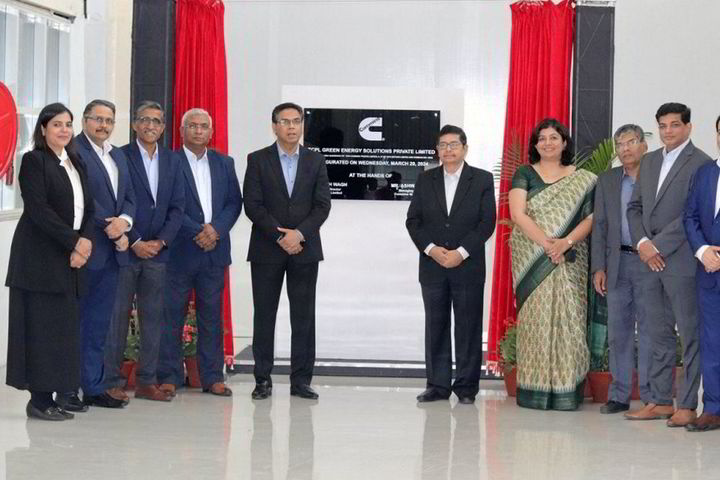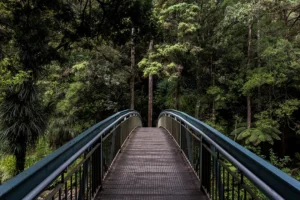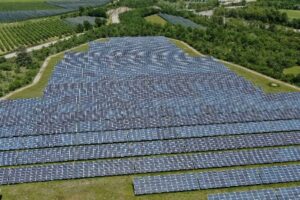Cummins and Tata cut ribbon on first hydrogen engine factory in India

A joint venture between US engineering giant Cummins and Indian conglomerate Tata has this week inaugurated its first manufacturing facility in India for hydrogen internal combustion engines (ICEs) for medium- and heavy-duty transport.
The JV, known as Tata Cummins Private Limited Green Energy Solutions (TCPL GES), announced last year it would spend 35.4 billion rupees ($424m) on the factory in the industrial city of Jamshedpur, which is expected to make 4,000 H2 engines a year.
While a specific start date for the factory has not been outlined, Cummins and Tata Motors had in 2022 signed a memorandum of understanding for India to be one of the first markets for hydrogen ICEs, with the first engines rolling off production lines in 2027.
However, TCPL GES may not be the first out the gate to manufacture these engines in India. In February last year, industrial conglomerate Reliance and automaker Ashok Leyland had announced the first domestically produced truck retrofitted with a hydrogen ICE — although it is not clear whether the engine was made in-house or came from a third-party supplier in or outside of India.
While hydrogen ICEs are much less efficient in H2 consumption compared to fuel cells, Cummins has previously told Hydrogen Insight that the technology will come with lower upfront costs and more consistent performance as the engines age compared to fuel-cell systems.
The US firm has also suggested that because these engines are similar to incumbent diesel powertrains, they require very little retraining for operators compared to fuel-cell trucks.
Article continues below the advert
While the Jamshedpur factory is likely to adopt Cummins’ hydrogen ICE technology, which currently encompasses a 6.7-litre and 15-litre engine for medium-duty and heavy trucking applications respectively, Tata Motors has also set up its own R&D facility to test H2 engines with an eye toward “indigenising” the technology.
The Jamshedpur factory had been designated a “mega-project” by the state government of Jharkhand, which would make it eligible for 50% match funding up to 200 million rupees ($2.4m), as well as tax breaks including a 75% reprieve on some of the project’s associated value-added tax (VAT) bill.
The factory is also expected to produce 10,000 battery systems.






